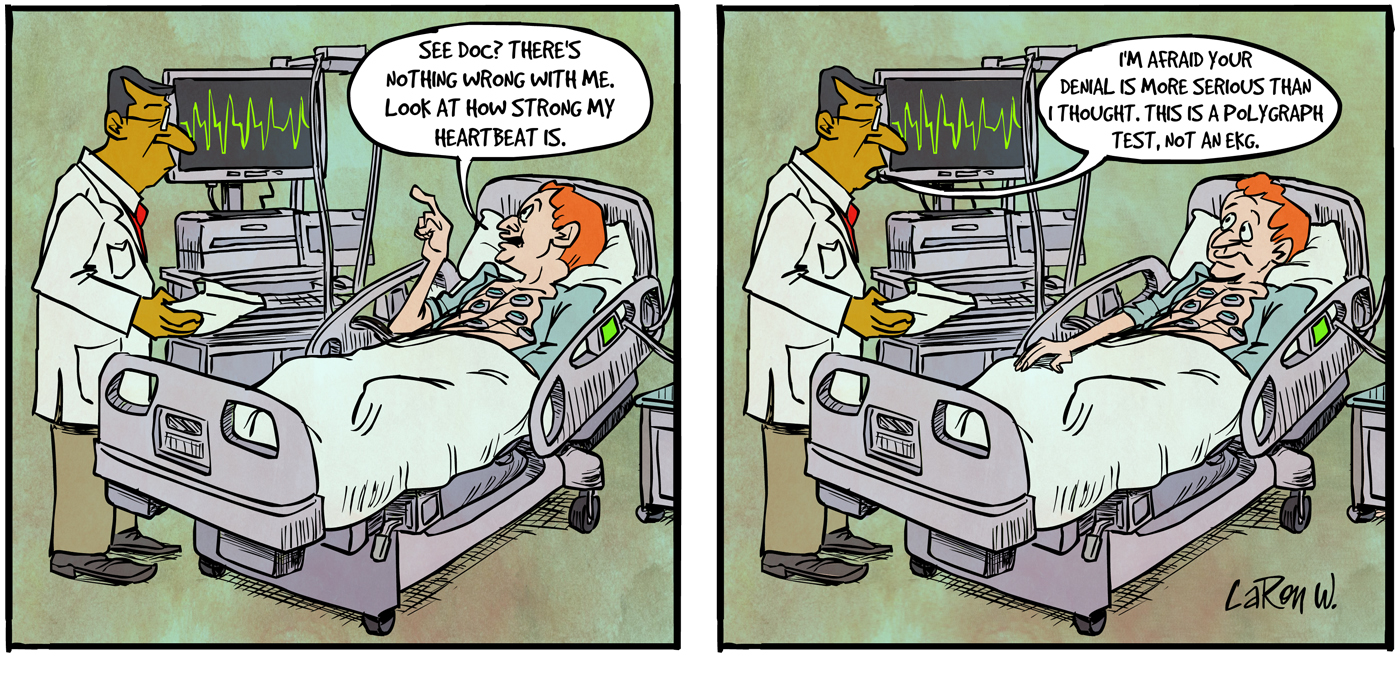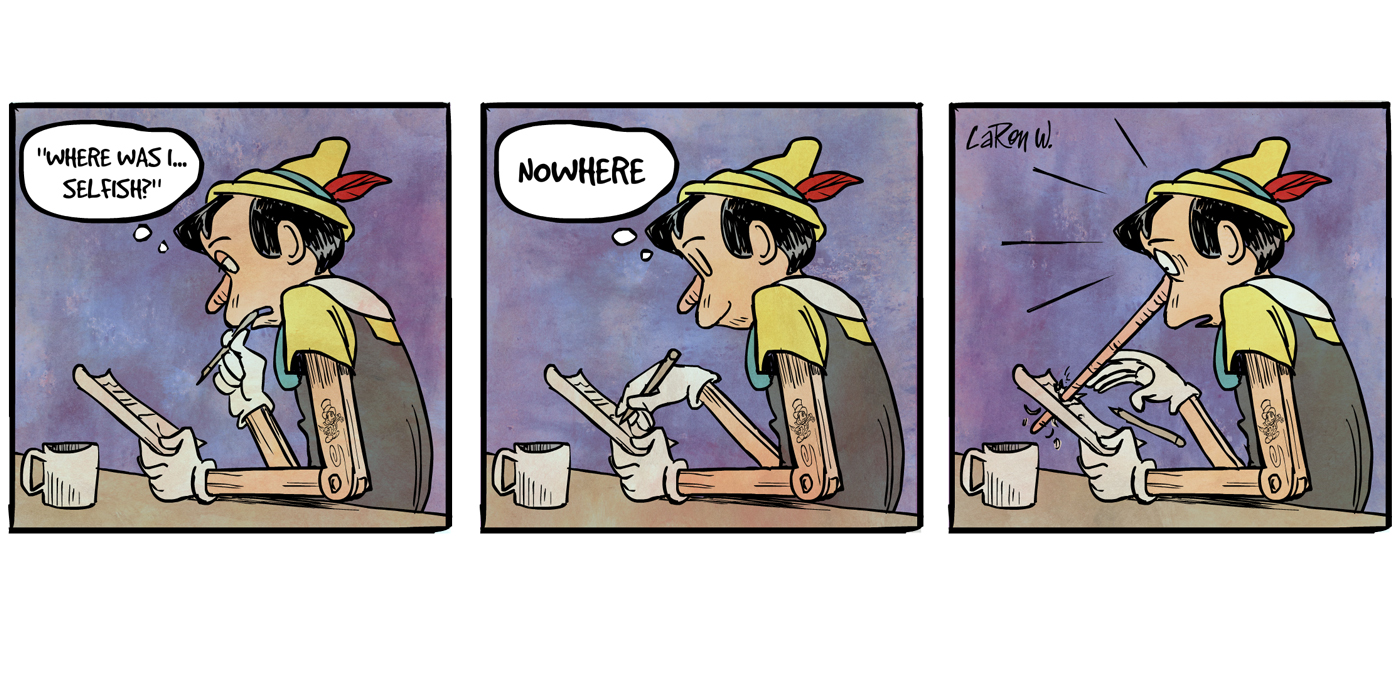If you are a newcomer to SA, you may have the same opinion of the saying “Keep coming back, it works if you work it” that I did when I first started attending meetings. Whenever people got all excited talking about the power of those two simple principles—go to meetings, work the Steps—I often felt they were misguided or brainwashed, or maybe even a little crazy. I was a bit frightened by the certainty and the fervor with which they spoke; it reminded me too much of other, less benign influences from my childhood.
Well, I now feel the same clarity and passion about SA as those first few people I talked to. This is a little hard to believe, even for me, since I’ve carried around a well-honed aversion to Twelve-Step programs for the last 30 years.
What changed my mind? I went to a meeting. About six months before I was finally able to admit my own powerlessness over compulsive sexual thoughts and actions, I attended an AA meeting with a close friend who was struggling with his drinking. It was just to help him, I told myself. I’d been clean and sober from drugs and alcohol for nearly thirty years, and I’d done it on my own. Surely, this wasn’t anything I needed.
I was not prepared for what I found in that crowded room in the basement of that small-town church. All levels of sobriety, all walks of life, all ages from young to old, all attitudes from resentful to blissed-out, but what was clear above all was the strong sense of community, of mutual support.
Of course there was a big difference between that first AA meeting and my first SA meeting. Instead of carrying some long-term sobriety and feeling good about myself, during those first few SA meetings I felt ashamed, shy, unsure, and not convinced at all that this group of depressed-looking people had anything to offer.
But each time I went to a meeting, there was always something that seemed to apply directly to my situation in the shared stories and readings. And so I kept coming back. And after a few months of listening to others tell about sorrows and struggles and doubts so much like my own, it became almost impossible not to open my heart. I’d thought that constantly thinking about sex and constantly acting out was just my own secret shame, and yet here were others who understood my situation completely. So I was finally able to treat myself and my failings with compassion, and start working the Steps.
Sometimes newcomers ask me why I go to two or three meetings a week. The answer is that I find it too easy to lose sight of my goal, too easy to forget the importance of this community of people and this program of recovery I’ve come to rely on. It’s too easy to start thinking about sliding back a little towards the old ways. I’ve found that if I go to one meeting a week, then I can at least hold on to whatever progress I’ve made so far. But if I go more than one meeting in a week, then I’m automatically refocused on the problem and the solution, and so can make some real headway with my recovery.
There are plenty of days when I really have to drag myself out of the house and go to a meeting. I can think of all sorts of excuses not to go, and some of them even make sense. Regardless of the excuse however, the result is always the same. When I don’t go to one of my planned meetings, I always feel a sense of loss and regret. And when I do go, I’m always glad I did. Instead of the isolation and loneliness I always feel when I’m acting out, there is a deep sense of community and support. Instead of harsh self-criticism, there is a feeling of accomplishment and self-worth.
No matter where I am in my recovery—struggling or plodding or flying high—it is quite frankly a little spooky how there is always at least one thing in the readings or in the sharing that speaks directly to me, supports me, clarifies my thinking, and gives me hope.
Patrick K.






